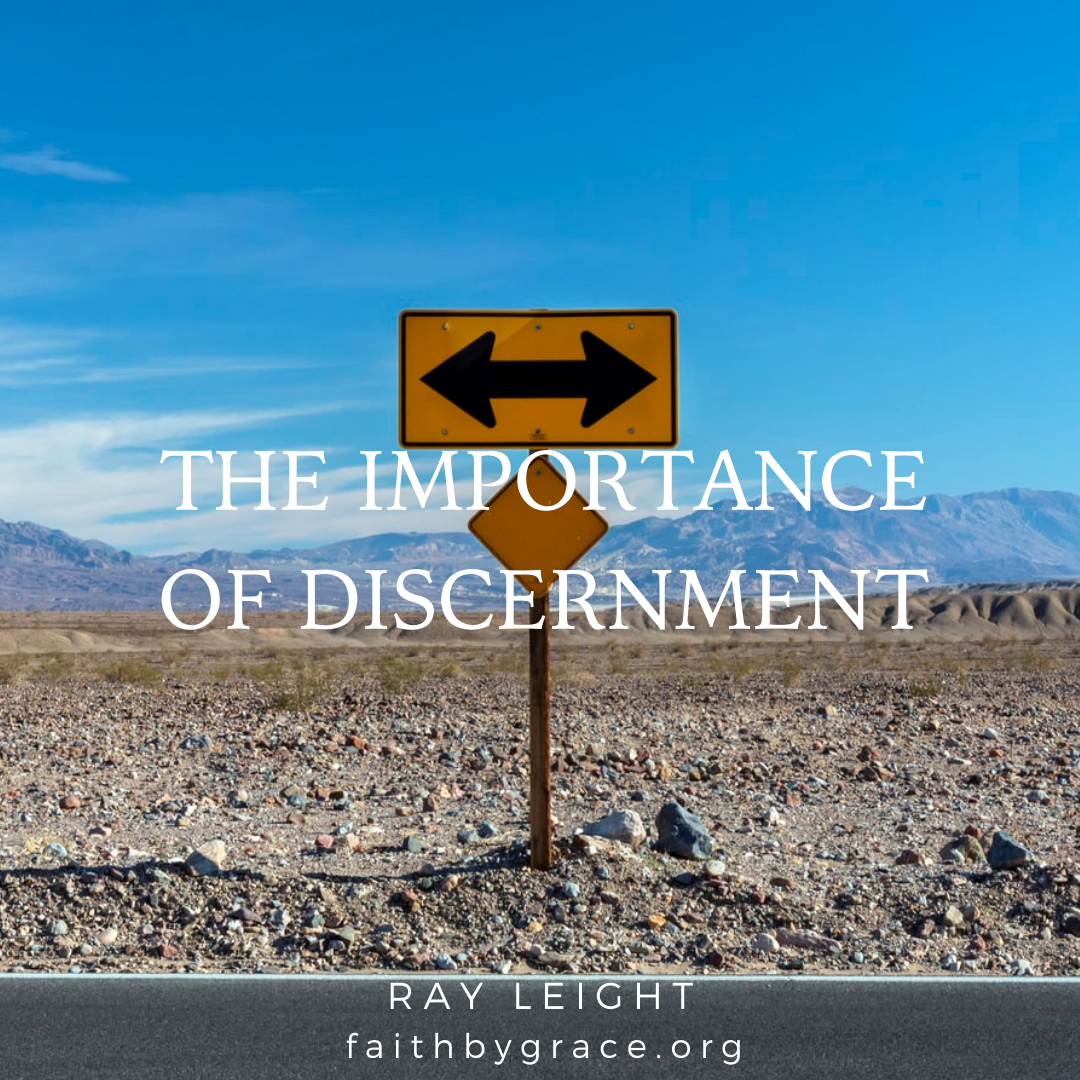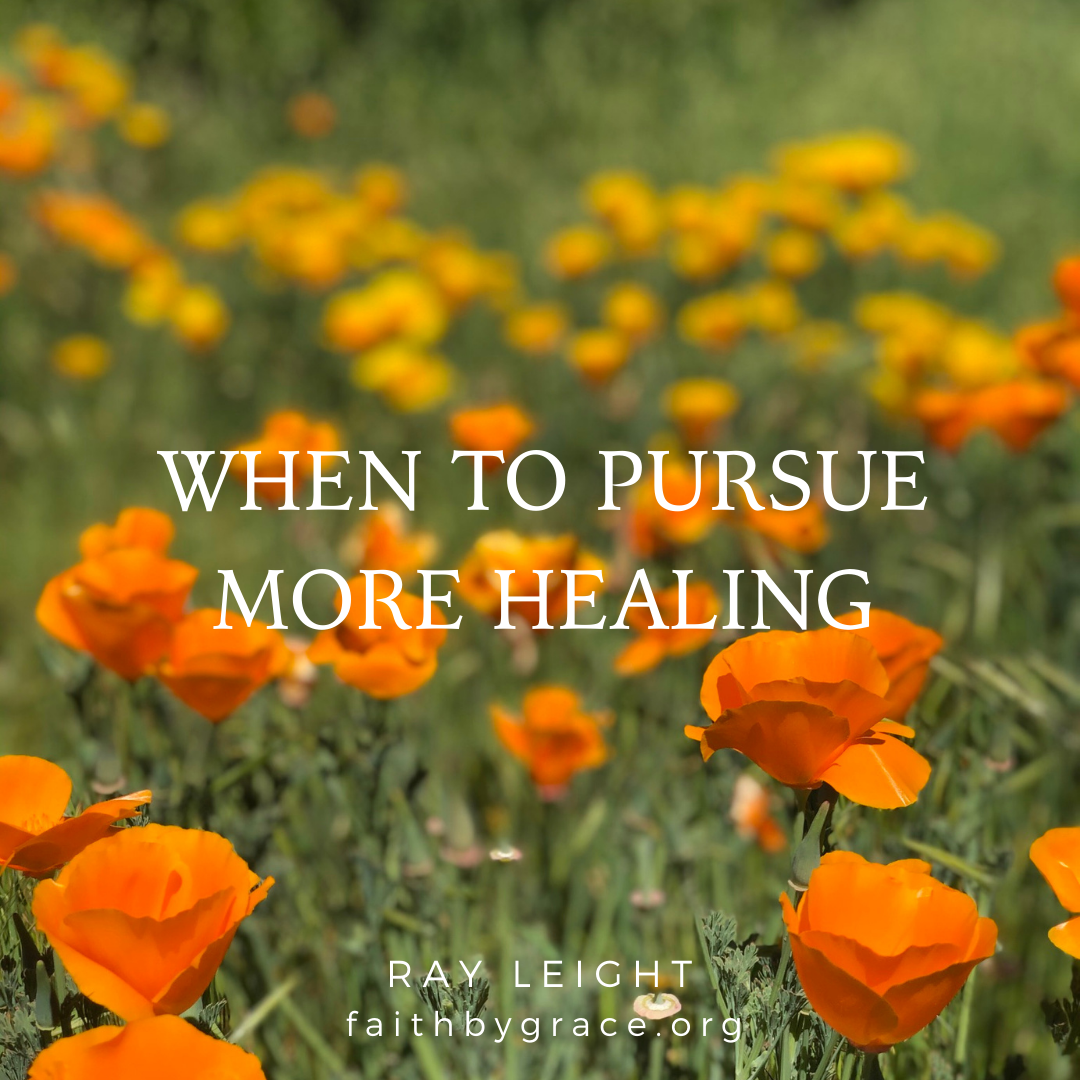Matter Matters
Take a moment and think about an item you have that reminds you of a cherished memory or relationship. Go ahead, just let yourself enjoy the way that makes you feel.
All of us have these items we hold on to. Even the most stoic of us hold on to something. What I have found is that even though we may know we have some sentimental items, we don’t really consider how many of those we have. I personally didn’t realize how many I had, until I lost them all. I bet you would be amazed if you took inventory of your belongings and thought about the relational connection to each one of them. I was surprised at how nostalgic I am.
I have experienced something odd in religious circles. It’s the thought process that infers that material items are meaningless. I touch on this in my previous blog, “ How to comfort those who mourn.” I want to explore this a little more in this one. I’ve heard the insinuation that somehow it is not “Christian” to care about or value material things. I experienced this recently when I lost my home in a wildfire. People would try to encourage me and minimize my pain and grief by devaluing what I lost.
I heard things like:
“It was only material things you lost, at least you are okay.”
“I know you don’t care about material things.”
“The only thing that matters is that you are okay.”
“It is just stuff, you can replace all of it.”
People would try to encourage me with the idea that since they knew I was a mature Christian, they knew I didn’t care about the things I lost. This was odd to me, because I definitely did care about what was lost, and I didn’t see a conflict in that with my faith in Christ.
While I was still grieving the loss of my “stuff,” I was talking with someone I know whose father lost their home as well. I shared my condolences and they said, “He is okay, he is a Christian and doesn’t care about material things.” Wow! I was shocked. Could someone really think that not caring about the loss of your home is a Christian value? That was one of those pivotal moments I will probably never forget. I believe this kind of mindset contributes to the cognitive dissonance of denial and performance that I have witnessed in the lives of so many believers. I will explore this concept in a future blog.
We are not robots. We are emotional and relational beings. Having and valuing material things is not un-Christian! If the Lord created it, it has value. God even established a pattern of using material items as memorial stones of His goodness. In Exodus and Joshua the Lord demonstrates this concept.
…So these stones shall be to the people of Israel a memorial forever. - Joshua 4:7
When I lost my home, I lost very valuable memorials that represented important relationships and events in my life. The value is not in the financial cost, it is in the relational and emotional connection. Created things carry value and meaning. We can look at all of God’s creation and see value. You can see value in the specific details the Lord gave in the construction of the mercy seat, the ark of the covenant, or the temple. If there was no value in these material things, the Lord most likely would not have been so detailed about them.
There is not something wrong with you, or your faith, because you value things you have. The fact that you care about your belongings does not make them false idols. It is not demonic worship to value a created thing. I think we need to have an understanding about the difference between financial cost and value. Yes, we can replace the financial cost of an item, but we can’t always replace the true value of an item. If you ever wonder if your value for something has crossed over into an unhealthy place, check to see if you value it above God and people. Most of us do not fall in that category. If you do, you can be healed of that too! Accepting the loss of the actual value, and allowing God to meet us in it, will help us to find peace.
The items you display or keepsakes you store have meaning to you. They are important because they serve you in that way. Will you be okay without them? Yes. Are there things that are of more value, such as the life and health of you and your family? Absolutely! However, loss is real and tangible, no matter how big or small. It doesn’t need to be compared to a greater loss. It is okay, and even necessary, to acknowledge the loss of important and meaningful items, so that you can move on in peace. Minimizing the value of your loss only keeps you in denial of the pain. This won’t move you forward in a healthy way.
If you are willing, take a few moments today in a quiet
place. Let your mind go to something you have lost that you haven’t fully
acknowledged or grieved. Allow yourself to admit, without condemnation, that you
did care about what was lost, and that losing it hurt (made you sad, didn’t
seem fair, caused you pain). Ask God to comfort you in your grief; allow His
kindness to minister to you. When you’re ready, allow your heart to let go of
any hurt. Let peace take the place of the pain.
He was despised and rejected by men, a man of sorrows and acquainted with grief; and as one from whom men hide their faces He was despised, and we esteemed Him not. Surely He has borne our griefs and carried our sorrows; yet we esteemed Him stricken, smitten by God, and afflicted. – Isaiah 53:3-4
The Lord is acquainted with, and has deep knowledge of your grief. Admitting your loss, and giving yourself permission to grieve, will help you release the sorrows that Jesus has already carried for you. Honoring the value of the things God has given you is healthy.
Blessings and peace in Jesus’ name,
Ray.
Sign Up for Finding a New Normal Resources












